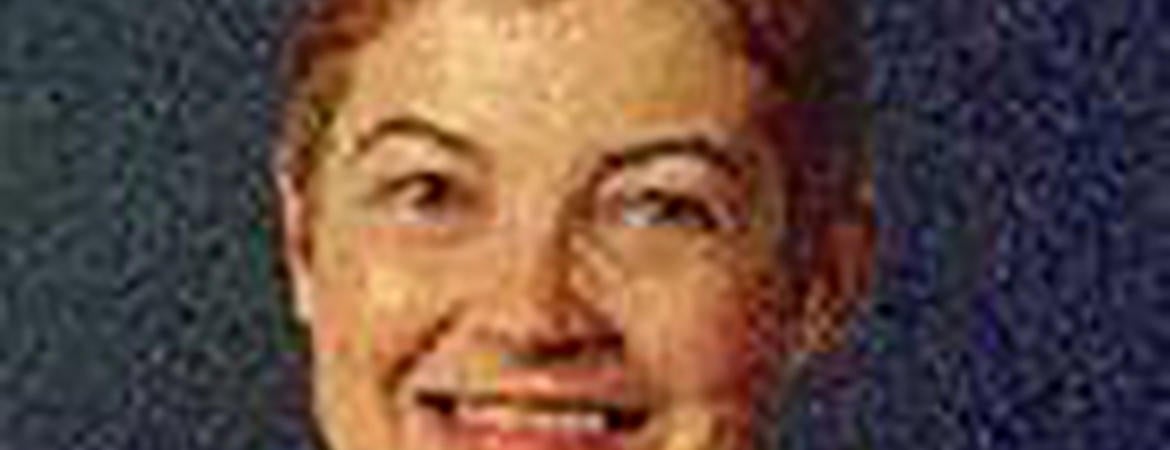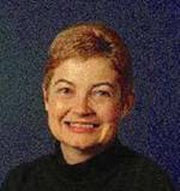
Two scientists, Peter Higgs and Francois Englert, have won the 2013 Nobel Prize in physics for their work on the theory of the Higgs boson — the particle that gives mass to matter.UCR scientists played a significant role in advancing the theory and in discovering the Higgs boson.
Gail Hanson, Stephen Wimpenny, Ernest Ma, Robert Clare, Jose Wudka, William Gary, John Ellison, and Owen Long, as well as students and postdoctoral researchers, contributed to the Compact Muon Solenoid (CMS) experiment in making the Higgs boson discovery. CMS is one of the experiments performed at the Large Hadron Collider at CERN laboratory in Europe.
Hanson, a distinguished professor of physics and astronomy, said, “It is wonderful that the Nobel Prize was awarded to the theorists Peter Higgs and Francois Englert for developing the mechanism for what we call ‘electroweak symmetry breaking’ — giving masses to the elementary particles. A new particle, the Higgs boson, was introduced to make this mechanism work. Their theory has motivated experimentalists such as me to find this particle since 1964. Now this theory has been confirmed by the discoveries of the ATLAS and CMS experiments last year - the missing piece of the Standard Model.
“However, the Standard Model does not describe everything that we know. There are many unanswered questions, such as how can the Higgs boson have the mass that we observed, are there more Higgs bosons, why is there more matter than antimatter, and what is the invisible dark matter, which constitutes four-fifths of the matter in the universe.
“Around 3000 physicists spent around 20 years designing and constructing a complex detector, which was then calibrated and used to record the data,” she added. “We then carried out the analyses that at the time of the discovery gave evidence for a new particle with a chance of less than 1 in a million of being a background fluctuation. We have since taken much more data that further confirm that the particle is consistent with the predicted Higgs boson, and we are now preparing the final publications using the data from 2011-12. In 2015 we will begin data-taking at a center-of-mass energy more than twice the value in 2012.”
UCR is a founding member of CMS, and was a key contributor to the design, prototype testing, and construction of one of the principal detector components used in the search for the Higgs boson.
